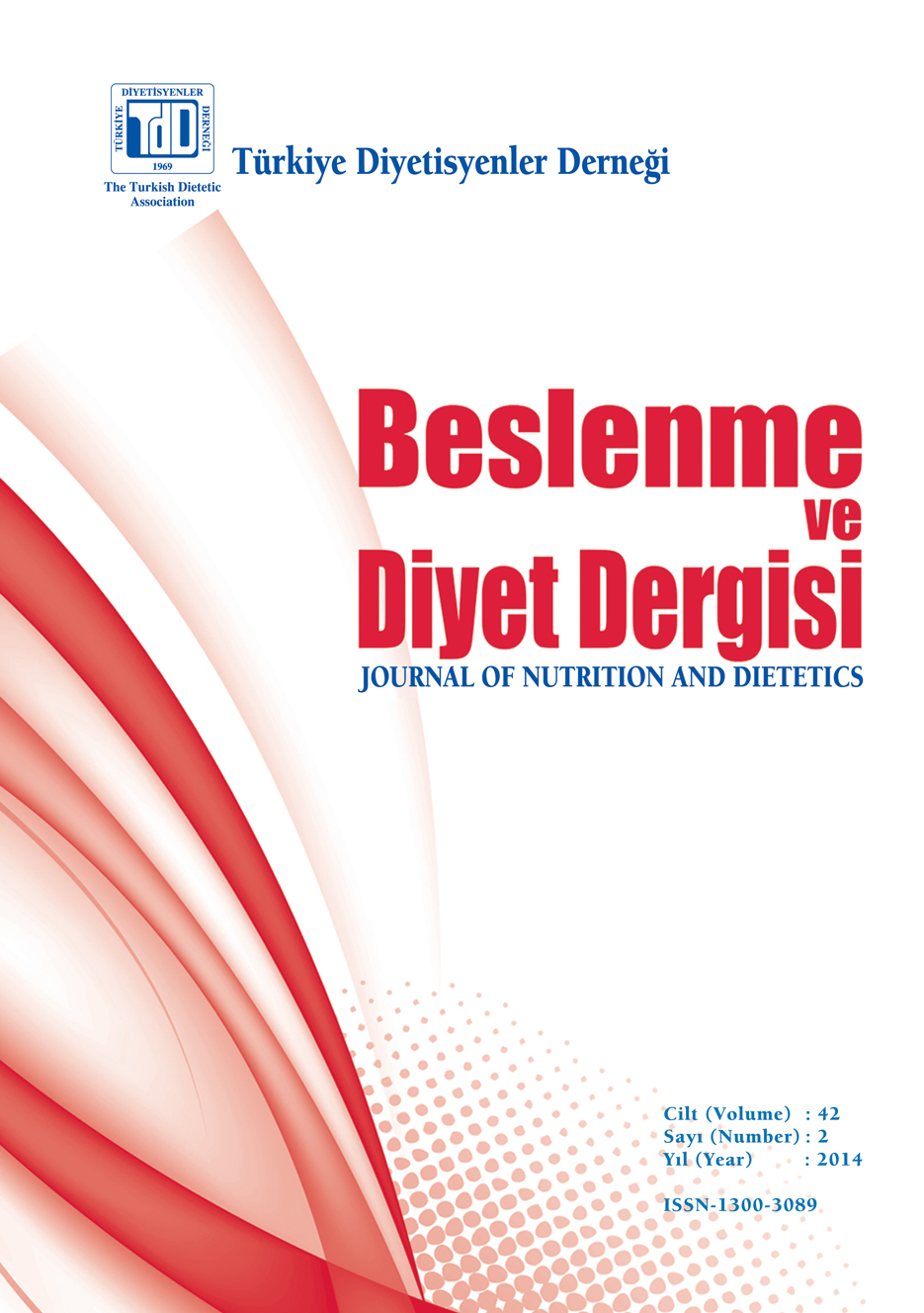Relationship Between Obesity and Intestinal Microbiota and Pre-and Probiotics Usage in Obesity
Keywords:
Obesity, gut microbiota, probiotics, prebioticsAbstract
Obesity results from the accumulation of excess fat tissue caused by imbalance between energy intake and expenditure. Genetic (host susceptibility) and environmental (lifestyle) factors are main etiologic causes of obesity. Although this hypothesis is widely accepted, the growing incidence of obesity over the last 30 years cannot solely be explained by genetic factors. Recent evidence suggests that enteric microbiota may play a significant role in the development of obesity and related complications. The intestinal microbiota may stimulate fat deposition in the body through several mechanisms: e.g., energy harvest from the dietary fibers, regulation of gut permeability, increasing low-grade inflammation, modulation of tissue fatty acid composition, and gut-derived peptide secretion. Human obesity is associated with a low abundance of intestinal Bacteroidetes and high abundance of Firmicutes, and with reduced bacterial diversity. Moreover, these changes can be reversed by weight loss. Some new studies showed that prebiotics and probiotics can modulate intestinal microbiota and help weight loss. In conclusion, long-term large-sscale studies should be done using targeted interventions, including prebiotics, probiotics and combinations to manipulate gut microbiota in order to treat and prevent obesity.

